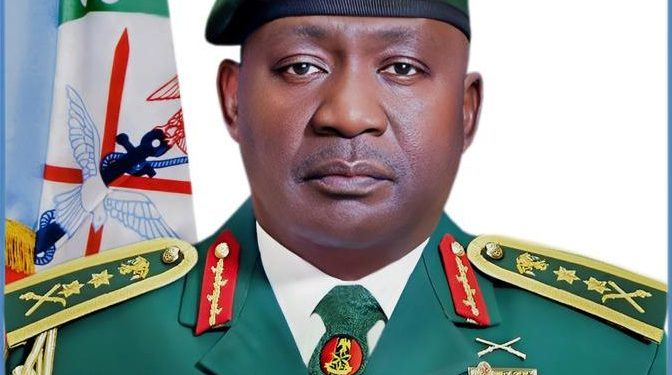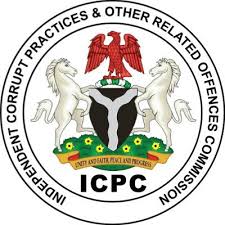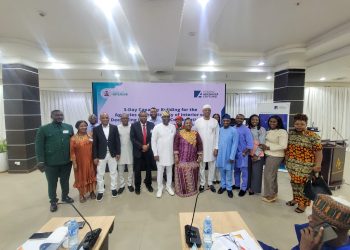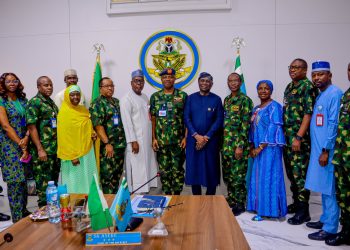…as CDS, Minister Rally Stakeholders for a Smarter, Stronger, Future-Ready Military
By Nkechi Eze
The Armed Forces of Nigeria have taken a bold step towards transforming its operational readiness with the launch of the inaugural Defence Training Conference, which held on Tuesday, 25th June 2025, at the Armed Forces Officers’ Mess, Asokoro, Abuja.
Speaking at the opening ceremony, the Chief of Defence Staff (CDS), General Christopher Musa, emphasized that the conference came at a time of heightened security challenges, calling for a more cohesive, innovative, and performance-oriented military. He explained that the forum was conceived to align training mandates across the services with operational realities and tactical needs.
According to the CDS, the theme of the conference, “Performance-Oriented Training and Trends in the Contemporary Operating Environment”, was a direct response to the complex and fast-evolving security threats facing Nigeria. He noted that insurgency, terrorism, cyber warfare, and hybrid threats have redefined modern conflict, requiring a force that is not just reactive but agile, tech-savvy, and capable of anticipating future challenges.
“Our goal is to build a unified, technology-driven, and mission-focused training system that enhances professionalism and interoperability,” he said. “We must move beyond theory to develop real-world skills that directly impact the battlefield.”
General Musa stressed the importance of joint training, doctrinal reviews, and enhanced simulation programs, while urging participants to contribute meaningfully to shaping a new defence training paradigm.
The Defence Chief also highlighted the value of international military partnerships, which he said expose personnel to global best practices and new technologies. He reaffirmed the Defence Headquarters’ commitment to institutionalizing the outcomes of the conference in collaboration with the Ministry of Defence.
On his part, the Honourable Minister of Defence, Alhaji Mohammed Badaru Abubakar, who served as the Special Guest of Honour, commended the Defence Headquarters for the initiative and restated the Federal Government’s unwavering support for the Armed Forces.
In his remarks, the Minister said the theme of the conference resonated with Nigeria’s national security imperatives, pointing out that threats are no longer confined to conventional warfare. He identified terrorism, cyber aggression, transnational crime, and hybrid warfare as the modern realities demanding new defence doctrines.
He called for rigorous, future-focused training strategies that simulate battlefield complexity and integrate emerging technologies such as artificial intelligence, unmanned systems, electronic warfare, and space defence capabilities.
“It is no longer enough to prepare for the threats of yesterday. We must train for the uncertainties of tomorrow,” the Minister declared.
He noted that the Ministry of Defence was working with the services to align training programmes with strategic defence goals, improve training facilities, and deepen partnerships with both regional and international defence institutions. He further stressed the importance of joint and combined training, citing exercises such as AFRICAN LION, OBANGAME EXPRESS, and ECOWAS Standby Force drills as key examples of the type of collaboration needed.
The Minister also underscored the significance of human capital development, emphasizing the need for improved welfare, psychological support, and leadership development for military personnel.
“This conference must go beyond academic engagement. It should deliver actionable resolutions and measurable outcomes,” he told participants, urging them to explore how training can lead to improved performance both at home and on multinational missions.
As the Defence Training Conference 2025 got underway, it was clear that the Armed Forces of Nigeria, backed by strategic government leadership, is embarking on a renewed path of professionalism, adaptability, and operational excellence in the face of growing security demands.
The event brought together top military commanders, heads of security and paramilitary agencies, members of the diplomatic corps, training institutions, and key stakeholders, all aligned on the urgent need to recalibrate Nigeria’s defence posture for the future.

















